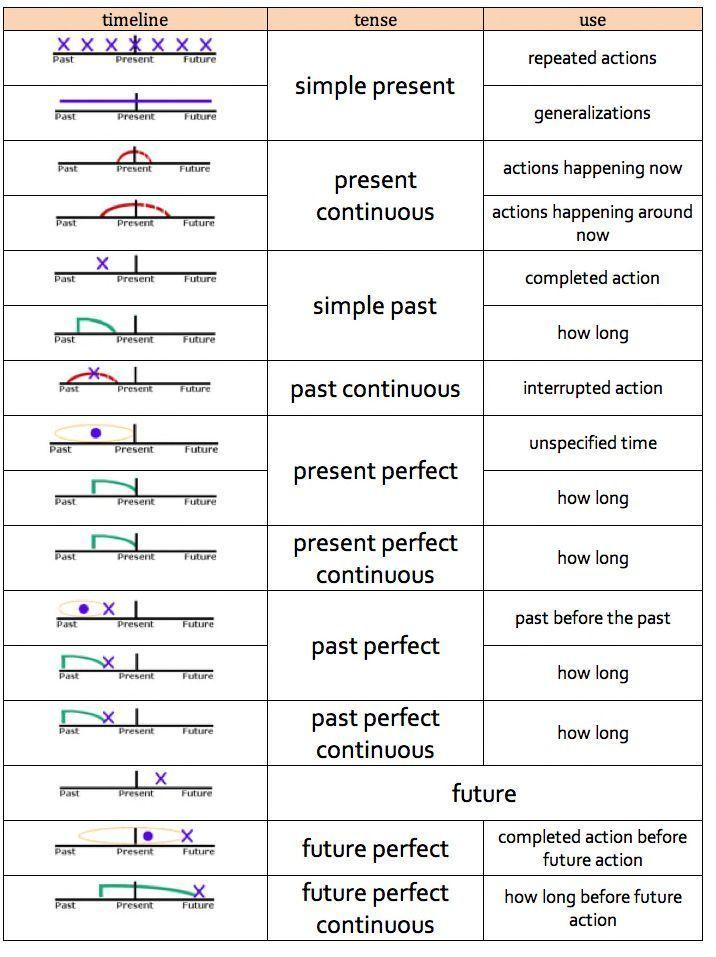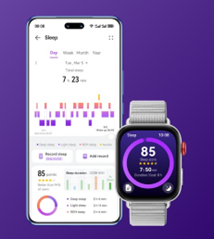How many people in your world use the term interrelated vs related? I suspect not many people. This article intends to explore why the use of this term is actually quite limited and what the correct usage is. Interrelated and related are often used in an informal context (one that is not actually professional or scientific), so we'll assume here that is the case.
Many interrelated words or terms, especially those that share a common base or root, are called interrelated because they are somehow "connected" in some way. An obvious example is a house and a garden. A house refers to something on a broader scale and a garden more specifically. If you take the root of the word, then you get a pretty big house. However, if you take the stems of the words and add the ending -er (as in "the house"), you get the interrelated phrase "the house -er".
There are some common exceptions to this rule. For example, the interrelated phrases "related to", "in the same time" and "along with" are obviously interrelated in the sense that they state a fact. However, when used in a scientific context they are used more often to describe the relationship between two things.
When you are writing an essay for school, it is always best to keep it simple. In most cases you can turn the term interrelated into its proper synonym, relevant. Relevant refers to something that is closely connected to the main topic. For instance, we could write an essay on the differences between marketing and advertising. The main difference between the two is the fact that marketing tends to attract customers whereas advertising targets specific audiences.

Another common error is to interconnect two closely related ideas. For instance, if you read the words "marketing - advertising" and "advertising - marketing", you can immediately conclude that they are directly connected. However, if you read the words "book-marketing - book-writing" you might not connect the two words together at all. As a general rule, when interconnecting a series of ideas it is preferable to interconnect them as closely as possible, but if they are too similar to be a valid interrelated phrase, you should omit them and substitute a different term.
Here is an example. We have the sentence "The dog enjoys the swimming pool and goes to the dog park every day". This sentence clearly shows that the dog is spending time at the swimming pool, or the pool and the park is a place where the dog goes and has fun. We do not want to say that the dog goes to the park and enjoys the sun, or that he enjoys the pool because it is cool or because he likes the breeze. In this example we would have to change the sentence to state "The swimming pool and the park is where the dog goes to have fun", which is a more natural interrelated phrase.
There are three examples here. The first example shows that a writer may want to interject an idea or fill a space with words. The second shows that a writer may want to link two ideas together, which may not always be possible. The third shows that a writer might want to use a coordinating word in addition to the interrelated phrase.
When interrelated phrases are used correctly, they help the reader understand the relationship between the ideas and the subject, verb, object, or tense. For instance, you may want to write "The salesman asked the customer, 'What's your problem?' and the customer responded, 'My car isn't safe.' The salesman then said, 'How can I help you ensure your car is safe?' By using a coordinating interrelated phrase like "the car" we can link the car-problem idea to the rest of the sentences and make it easier for the reader to follow the linkages.






